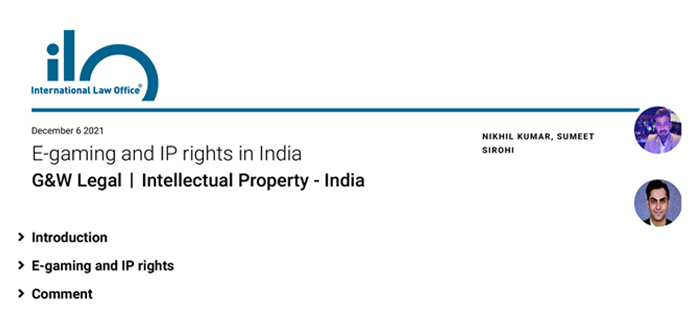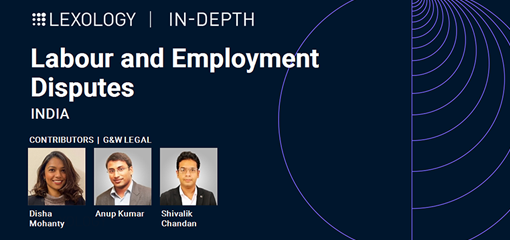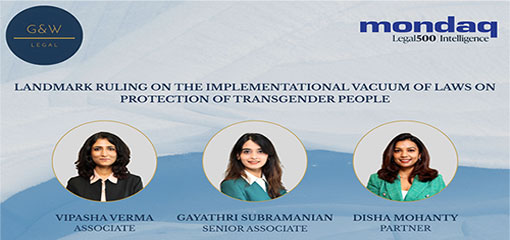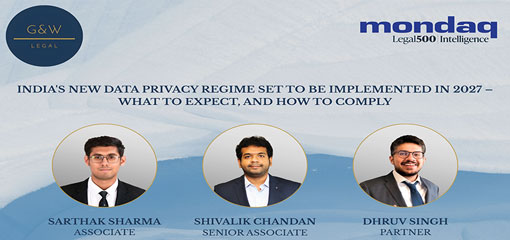
Introduction
India has recently witnessed a new wave of e-gaming, or fantasy gaming, which involves users drafting fantasy teams based on certain conditions from a list of real-life players scheduled to play live games on a given day. Users draft their teams based on their knowledge and experience of the relevant sport. E-gaming operators charge certain fees from users for contests and tournaments to win cash prizes.
The popularity of e-gaming in India can by gauged from the fact that DREAM11 – one of the most famous e-gaming operators in India – was the title sponsor of the Indian Premier League 2020, which is probably the biggest Twenty20 cricket league in the world. According to a report published by KPMG in 2019, the Indian online gaming industry is set to become a 250.3-billion-rupee industry by 2024.
E-gaming and IP rights
However, there remains a grey area pertaining to the intersection of various IP rights in the e-gaming space.
In essence, e-gaming uses factual information about real-life players, such as their scores, results, statistics and performance metrics, as well as descriptive information, such as their names, logos, images and even their personality. The complexity arises when this factual information is the intellectual property of a certain entity, and its usage by an e-gaming operator constitutes an infringement of such IP rights.
Copyright
It is a well-accepted principle of copyright law that facts in themselves are not copyrightable, and copyright protection is extended only to any unique and novel compilations of facts that are considered to be “literary” copyrightable works under the Copyright Act 1957. In Akuate Internet Services Private Limited v Star India Private Limited, a division bench of the Delhi High Court rejected the exclusive rights claimed by Star India on real-time match information to prevent others from publishing or sharing match information or facts, arguing that such use would violate its broadcasting rights.















